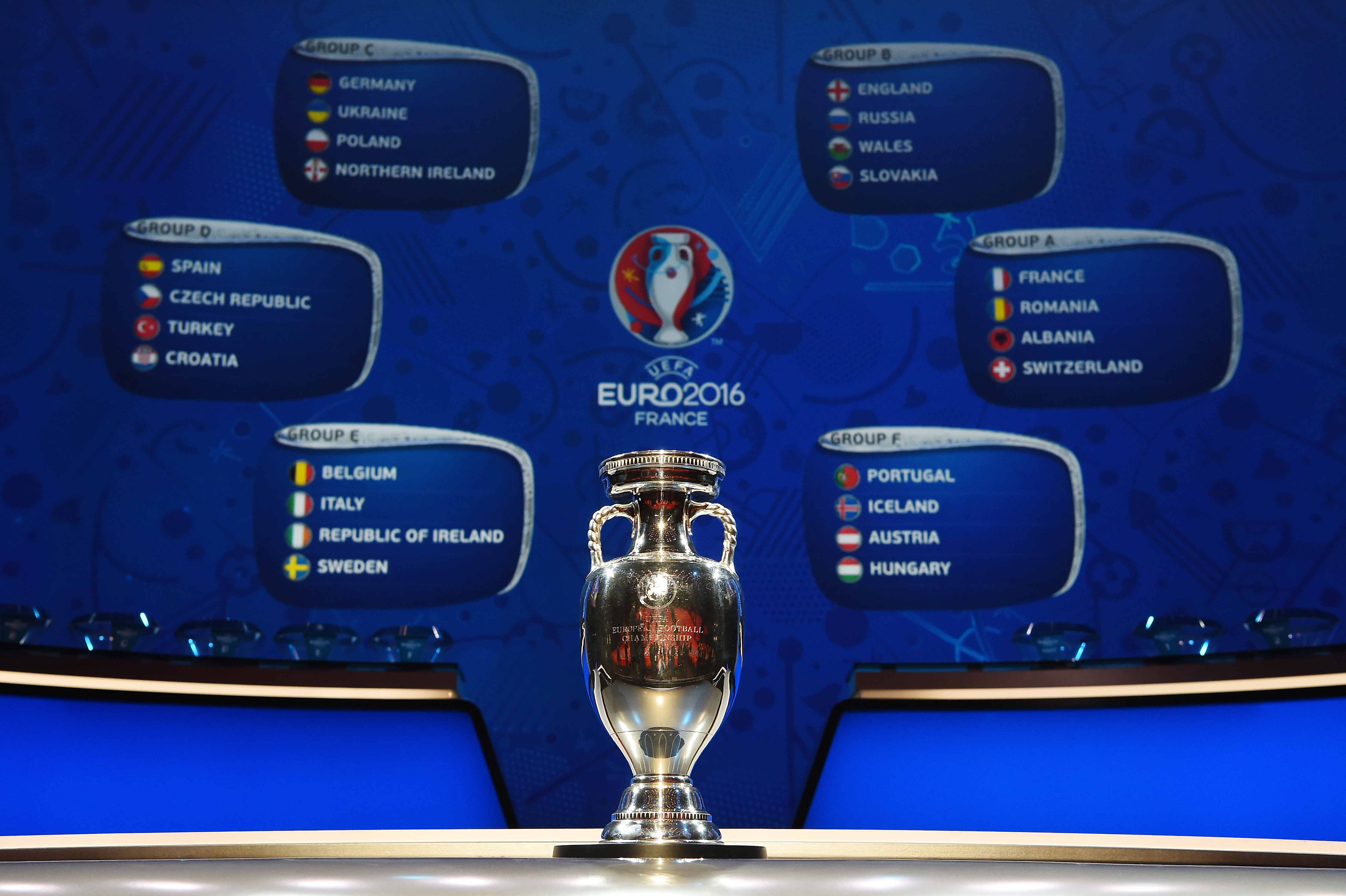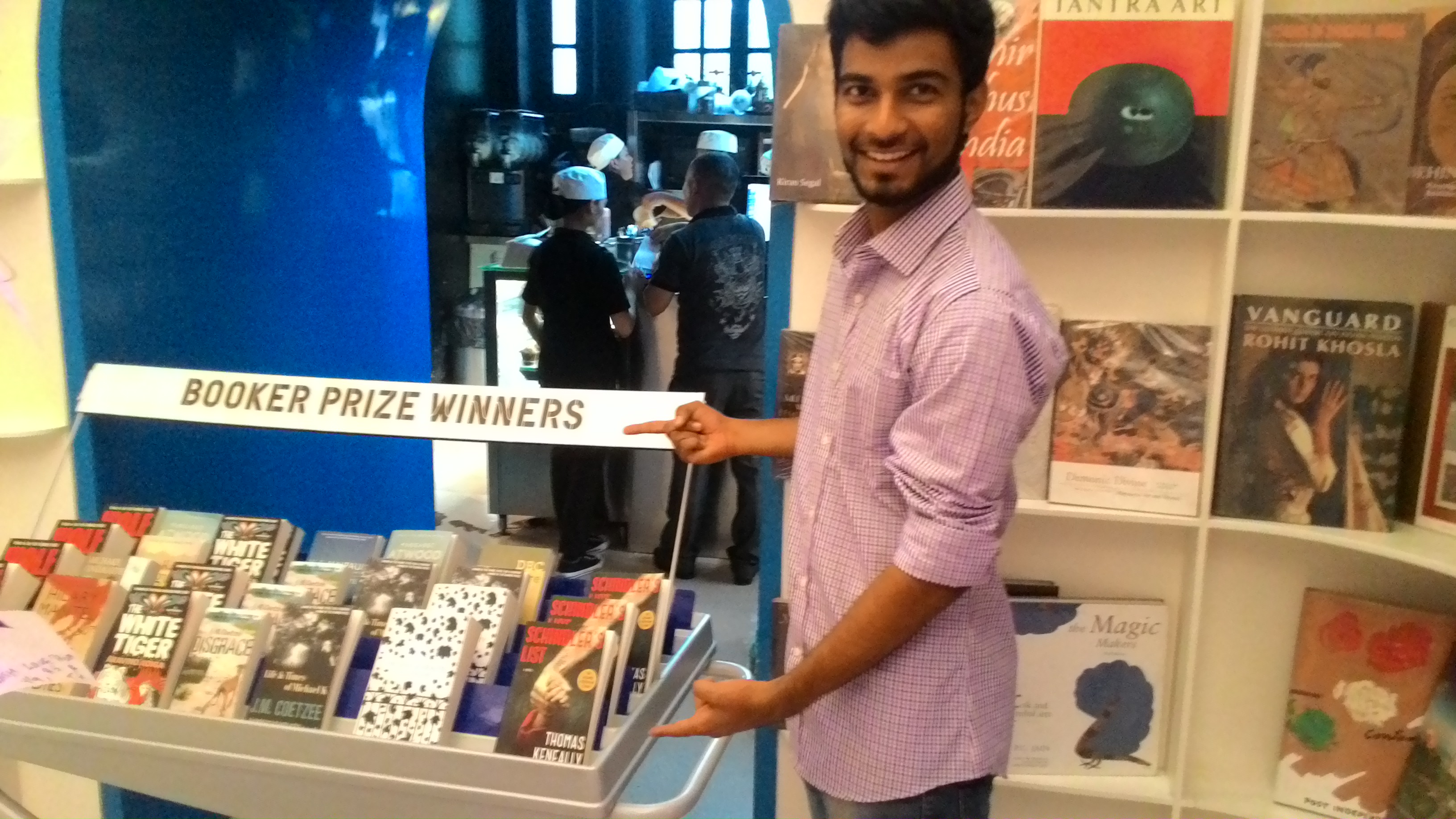Euro 2016 | Find out who Goldman Sachs would place their money on

©Getty Images
The European Championship 2016 is underway and has thrown the footballing world into a frenzy already. Global investment bank Goldman Sachs has come up with a formula and some predictions, but with the beautiful game getting more unpredictable every day, how accurate are they?
With some of the best players in the world, under the best managers in business, fighting for continental supremacy against evenly matched teams, it promises to be a month of action-packed drama. Betting websites, financial organizations, websites, and newspapers try and come up with new, complex formula to help them and the average viewer. Goldman Sachs has come up with calculations based on Elo ratings, number of goals in previous matches, and some statistical jargon like regression, poisson distribution and probability.
This formula gives hosts France a 23% probability of winning the championships, while World Cup winners Germany have a 20% chance. Spain and England follow with 14% and 11% each. Clearly explaining the reasoning and math behind the predictions, the Goldman Sachs website says that France has been preferred over Germany because of their home advantage. This is indeed a crucial factor in football tournaments with the hosts historically doing well always.

Goldman Sachs used a similar methodology two years ago, with the World Cup in progress in Brazil. They gave the hosts a 48% chance winning the trophy and could not predict holders Spain and Italy going out in the group stages. That experience clearly pointed out that the accuracy was not as high as the standards of Goldman Sachs, and that sport results are decided on the day, on the field.
In contrast to the factors that the American company has used, the Financial Times decided to weigh the teams based on their players' Champions League appearances and market valuations. The Champions League stat points to the big match experience of the players coming into the tournament. Market value, being an approximation of a player’s quality, allows a measurement of substance a team has. These calculations throw up a slightly different order at the top- Spain, Germany, and France. This might have come in because of the lower weight the Financial Times has given to the home advantage. Also, Spanish clubs’ success in the Champions League means they perform better-with most of the Spanish team coming from Real Madrid, Atletico Madrid, and Barcelona.

Betting Expert decided to combine information from bet365, William Hill and Paddy Power to pick their top-five teams. This was in agreement with Goldman Sachs as France was given a 7/2 chance of winning along with Germany. Spain was third favourite, given an 11/2 chance of retaining the trophy. England followed with a 17/2 chance.
Given the strength and experience in the German side, it is no surprise that everyone predicts a wonderful run for them. Wales though, is likely to disappoint according to the math, with Gareth Bale, Ben Davies and Joe Allen seemingly not enough for them to put in a historic performance. France’s high odds are also slightly surprising, given their relatively young squad and off-field problems. Title holders Spain, with a plethora of players at their disposal, will clearly be determined to fight to the end, and the bookmakers agree.

In such a scenario where there seems to be no clear favourite, picking out a winner is a tough task. Yet, for all its failures in predicting the 7-1 thrashing Brazil received at the hands of the Germans in the last four, Goldman Sachs’ predictions were fairly accurate in 2014. They rightly anticipated England returning home early, three of the semi-finalists and accurately predicted the result of each match barring the hosts being humbled. Since it takes the Elo ratings into context, a more rigid, realistic ranking system of the teams and their recent form- number of goals scored and conceded by the teams in a few previous matches, it is more likely to be correct. France has found a way to paper over their issues plenty of times at major tournaments, and they are at home. Spain’s side is relatively young, and Germany’s recent results in the tournament haven’t been encouraging.
This time around, Goldman Sachs might just be right.
These Indian kids can create footballing history, but they need your help. You can help Slum Soccer send 20 of our most talented footballers to represent INDIA at the Homeless World Cup at Glasgow. Click here to know more.
